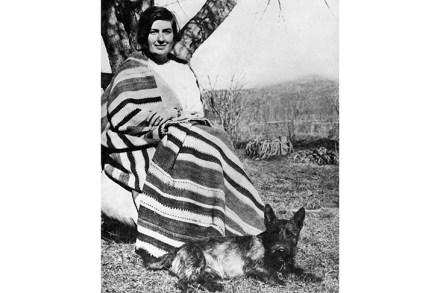An impossible guest: Second Place, by Rachel Cusk, reviewed
A great writer must be prepared to risk ridiculousness — not ridicule, although that may follow, but the possibility that the work will collapse into some or other version of nonsense. If it doesn’t, though, it is precisely the elements that flirt with disaster that will likely make it both superficially distinctive and artistically substantial. For the novelist and memoirist Rachel Cusk, whose most recent creation, the ‘Outline’ trilogy, attempted a savage blending of the two forms, risk comes frequently in the form of sailing dangerously — and, for her admirers, thrillingly — close to the parodic. Second Place, which in bare-bones description tells of what happens if you invite




















